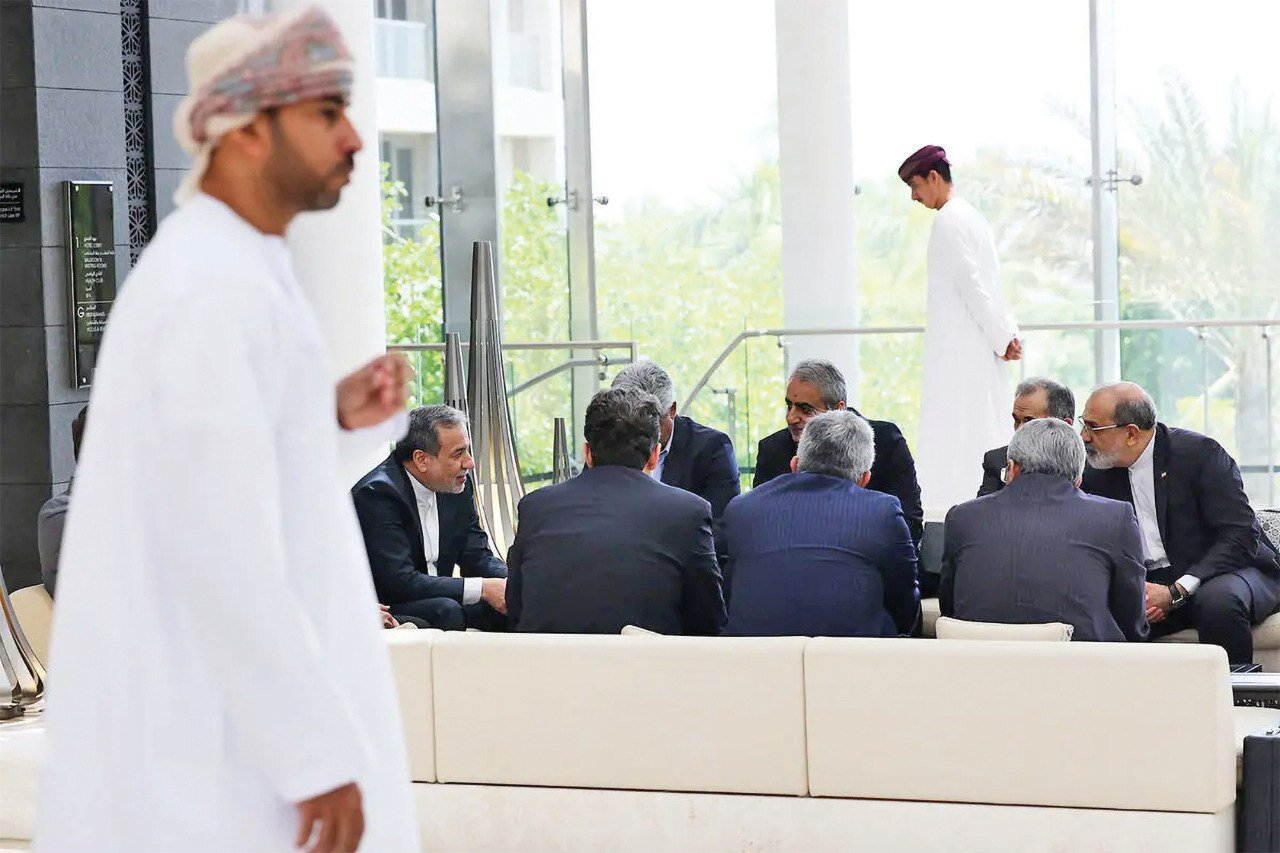Iran, US schedule 4th round of talks as 'differences' remain

TEHRAN – Iranian Foreign Minister Abbas Araghchi says major differences between Iran and the United States remain unresolved following the third round of indirect negotiations, which concluded on Saturday, April 26, in Muscat, Oman.
Speaking after the talks, Araghchi noted that although the two sides had moved beyond general discussions and engaged seriously on detailed matters, key disagreements still persist. "During the recent round of negotiations, we provided answers to the other side's questions, and the atmosphere was completely serious and work-focused," he told the reporters. "It was agreed that further reviews would be conducted in the capitals ahead of the next meeting to identify ways to narrow the gaps."
Araghchi emphasized that while the seriousness of both delegations was a promising sign, optimism must remain cautious. He also confirmed that the next round of negotiations is expected to take place next Saturday in Muscat, with the participation of expert teams that will be reinforced in accordance with the technical needs of the discussions.
In a separate statement, Omani Foreign Minister Sayyid Badr al-Busaidi said the talks had identified "a shared aspiration to reach agreement based on mutual respect and enduring commitments," adding that core principles, objectives, and technical concerns were addressed. He announced that a further high-level meeting is provisionally scheduled for May 3.
Throughout the negotiations, Iranian Foreign Ministry spokesperson Esmaeil Baghaei described the atmosphere as "serious," noting that the parties were exchanging views via Omani mediators on two principal areas: securing the effective termination of U.S. sanctions and building trust regarding the peaceful nature of Iran’s nuclear program. Baghaei stressed that safeguarding Iran’s right to peaceful nuclear energy remains central to the discussions.
Earlier on Friday, Baghaei reiterated that progress would depend on the demonstration of goodwill, seriousness, and realism by the U.S. side.
Araghchi and U.S. President Donald Trump’s special envoy, Steve Witkoff, led two previous rounds of indirect talks on Iran’s nuclear program and sanctions relief in Muscat and Rome on April 12 and 19, respectively.
Technical talks aimed at working through the finer details of a potential replacement for the 2015 Joint Comprehensive Plan of Action (JCPOA) had initially been scheduled for April 23 but were postponed until April 26, aligning with the third round of indirect negotiations.
The Iranian technical delegation was led by Deputy Foreign Minister for Political Affairs Majid Takht-Ravanchi and Deputy Foreign Minister for Legal and International Affairs Kazem Gharibabadi. On the U.S. side, Michael Anton, the State Department’s head of policy planning, led the technical discussions.
Trump withdrew the United States from the JCPOA in 2018 during his first term in office and reimposed sweeping sanctions on Iran under a "maximum pressure" campaign. After returning to the White House for a second term in January, Trump reinstated that policy but has recently signaled a willingness to negotiate a new deal.
On March 12, Trump sent a letter to Iran’s leadership proposing negotiations for a new agreement. Iran, however, has ruled out direct talks under conditions of pressure and threats.
On a separate note, Araghchi also attended the 29th Muscat International Book Fair on Friday, where he signed copies of his book “The Power of Negotiation” at the Dar Luban pavilion.
Leave a Comment